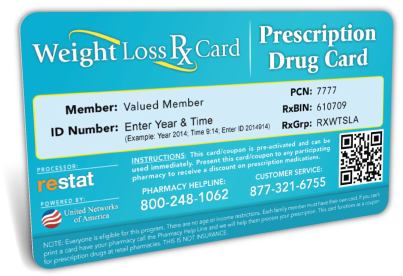It is no secret that at least one-third of adults in the United States are obese. Many of us know that obesity contributes to a number of health conditions including diabetes, high blood pressure and high cholesterol. In attempts to help obese Americans who have had little to no success with diet and exercise, the FDA has approved several prescription weight-loss pills. These medications are to be prescribed to patients along with a diet and exercise plan to reach and maintain a healthy weight.
Your doctor may recommend a prescription weight-loss drug if he or she feels you are a good candidate. An appetite suppressant may be prescribed if you have tried losing weight on your own with no success, have a BMI of 30 or more, or have a BMI of 27 with at least one weight-related health condition. There are several options that you and your doctor can choose from.
- Xenical (orlistat) - Xenical blocks some of the fat that you eat and keeps it from being absorbed by your body. Side effects may include stomach pain, gas or diarrhea.
- Belviq (lorccaserin) - Belviq acts on the serotonin receptors in the brain. This helps patients eat less and feel fuller, faster. Common side effects may include headaches, nausea, cough, dry mouth, dizziness or constipation.
- Qsymia (phentermine-topiramate) - This weight loss drug is a combination off phentermine and topiramate. Phentermine suppresses your appetite and topiramate is typically used to treat migraines and seizures. Side effects may include dizziness, taste alterations, trouble sleeping, constipation or dry mouth.
- Phentermine - Phentermine as well as benzphetamine, diethylpropion and phendimetrazine, increase chemicals in the brain that affect your appetite. Common side effects may include dry mouth, dizziness, difficulty sleeping, restless feeling, diarrhea or constipation.
